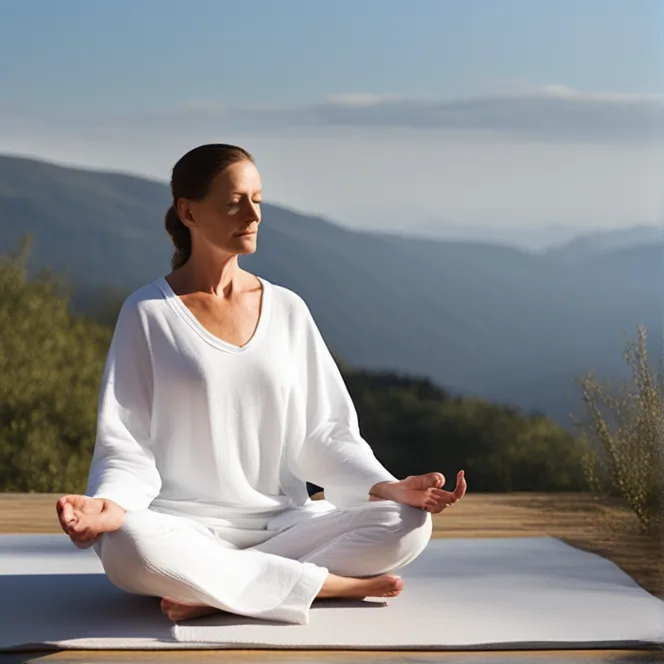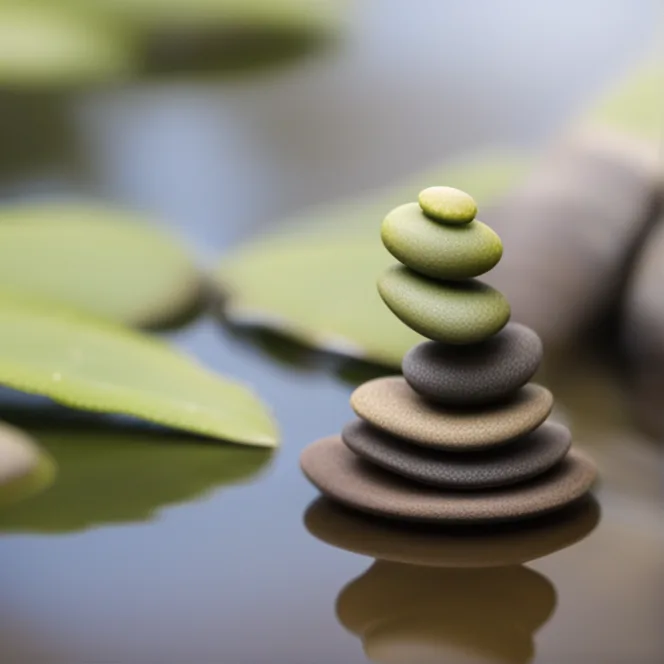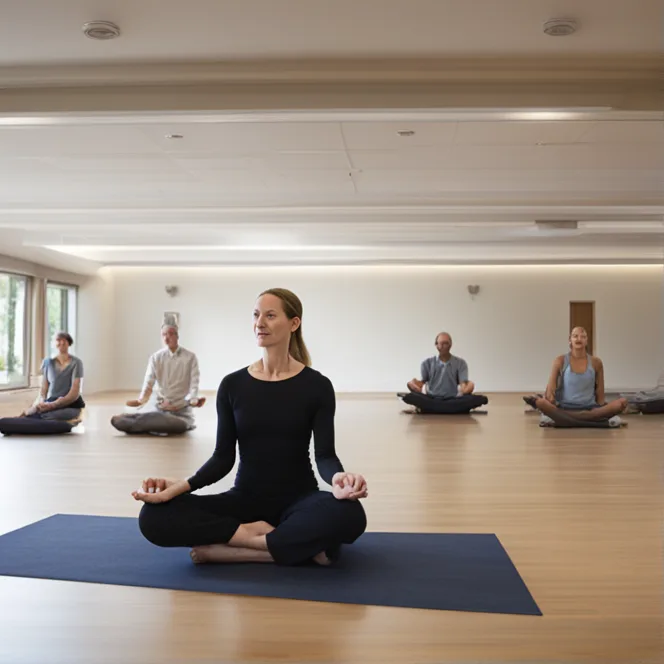
Embracing Stillness: Mindfulness Retreats
Explore the transformative experience of mindfulness retreats, where inner peace meets spiritual growth.
article by Hina Kurosawa
Introduction to Mindfulness
Immersion in the practice of mindfulness at a retreat offers a sanctuary for those seeking tranquility in the turmoil of daily life. A mindfulness retreat typically encompasses guided meditations, contemplative practices, and workshops focused on cultivating a profound sense of presence. Such retreats are designed to engage attendees in introspective activities that promote mental clarity, emotional balance, and a deeper connection with one’s inner self. More than just a temporary escape, these retreats aim to impart sustainable practices that participants can integrate into their everyday lives.
The Essence of Retreats
Mindfulness retreats take individuals on an inward journey, often set in serene locations conducive to reflection and growth. The peaceful environment fosters a space where distractions are minimized, enabling participants to fully engage in the process of self-discovery. The retreats incorporate various techniques such as silent meditation, walking meditations, and mindful eating, each serving as a pillar to enhance the holistic well-being of the individual. Attendees are guided to reconnect with the present moment, shedding the layers of stress and anxiety accumulated from the fast pace of modern living.

Benefits of Mindful Practices
Partaking in a mindfulness retreat can yield numerous benefits, including reduced stress levels, enhanced emotional regulation, and improved concentration. The practice of mindfulness has been linked to positive changes in the brain, contributing to greater empathy, resilience, and happiness. Within the supportive community of a retreat, individuals often find that sharing the journey with others can magnify its positive impact, providing both communal and personal insights that resonate long after returning to their daily routines.

Integration into Daily Life
One of the most valuable aspects of a mindfulness retreat is learning skills that can be woven into the fabric of everyday life. The experience equips individuals with tools such as breathing exercises, awareness techniques, and the ability to observe thoughts without judgment. These skills empower participants to cultivate mindfulness in moments of stress, decision-making, and interpersonal interactions, leading to more thoughtful responses and heartfelt connections with others.

The Role of Expert Guidance
Throughout the retreat, experienced practitioners provide guidance and support, helping attendees navigate their internal landscapes. These mentors often offer personal anecdotes, teach practical applications, and adapt sessions to fit the needs of the group. The wisdom imparted by these facilitators can shine a light on the path to inner peace, carving out a roadmap for further exploration and continued practice beyond the retreat setting.
Choosing the Right Retreat
Selecting the appropriate retreat is crucial, as various programs cater to different experience levels and personal goals. Some retreats may emphasize silence and individual meditation, while others might focus on group activities and discussion. Factors such as duration, location, and the specific mindfulness tradition offered all play a role in shaping the journey. Intending participants should research and perhaps even consult with retreat organizers to ensure an experience that resonates with their aspirations.
Published: 12/13/2023
Modified: 12/14/2023
More predictions
Come back here soon to learn more about yourself and your future





